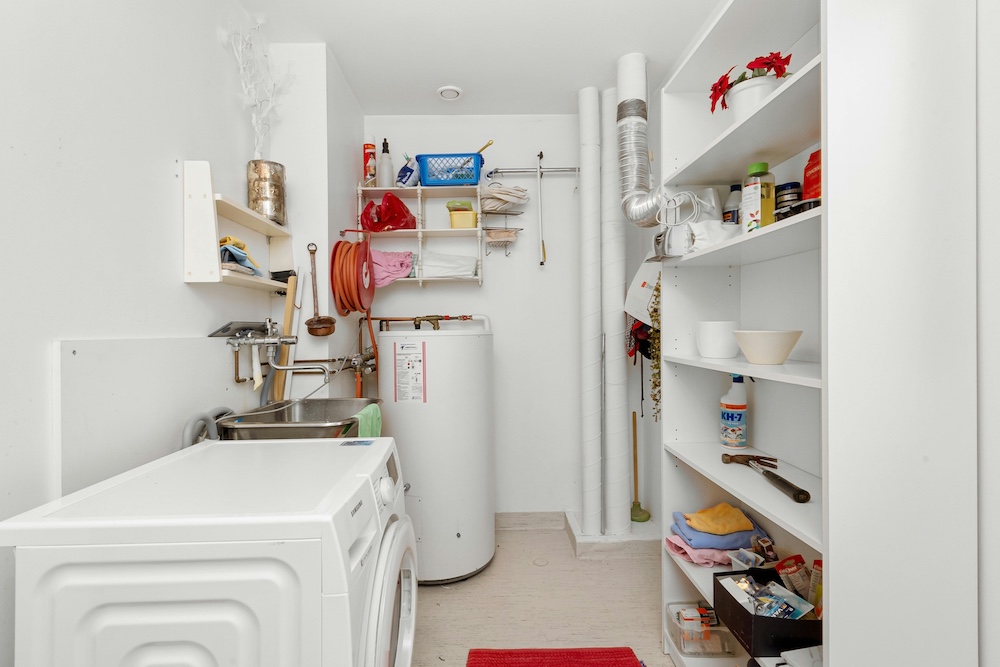Choosing the right water heater isn’t just about comfort. It can impact your energy bills, daily routines, and even your home’s resale value. Whether you’re upgrading during a renovation in Oak Bay or replacing an aging system in your Sooke rental suite, the decision often comes down to hot water tanks vs. tankless water heaters. At Homewise Plumbing, we’ve worked on thousands of systems across Greater Victoria, and we know the pros and cons of each better than most. Let’s break down how they compare so you can make an informed decision that suits your household’s needs.
Understanding the Basics
Hot Water Tank (Storage Water Heater):
This is the traditional water heater found in most homes. It stores a set volume of hot water (typically 40–60 gallons) and keeps it heated 24/7 for whenever you need it.
Tankless Water Heater (On-Demand):
These units heat water only when you need it. Instead of storing hot water, they use high-powered burners or electric elements to instantly heat water as it flows through the unit.
Pros and Cons of Hot Water Tanks
Pros:
- Lower upfront cost
- Easier installation (especially in existing homes)
- Simple maintenance
- Well-suited to homes with moderate water usage
Cons:
- Higher energy usage (since water is constantly being heated)
- Limited supply – run out of hot water during peak use
- Shorter lifespan (8–12 years on average)
- Takes up more space, which can be a challenge in smaller homes or suites
Pros and Cons of Tankless Water Heaters
Pros:
- Endless hot water on demand – perfect for families with staggered shower times
- More energy-efficient – only heats water when needed
- Longer lifespan (up to 20 years with proper maintenance)
- Space-saving design – mounted on the wall
Cons:
- Higher upfront cost for the unit and installation
- May require upgrades to gas lines or electrical systems
- Output limitations – might need more than one unit in large homes with simultaneous water use
Energy Efficiency and Cost Comparisons
Hot Water Tanks:
- Constantly heating water = more energy consumption
- Good for homes with predictable, low-to-moderate water usage
- Lower initial cost, but higher long-term operating costs
Tankless Water Heaters:
- Use up to 30% less energy, depending on household habits
- May qualify for rebates or incentives through BC Hydro or FortisBC
- Higher upfront investment, but pays off over time with lower energy bills and fewer replacements
Best Options by Household Size
Single or Two-Person Households:
- A tankless water heater is often the most efficient option
- Smaller homes, condos, or suites in Victoria, View Royal, or Esquimalt can benefit from the space-saving design
Families of 3–4:
- Both systems can work, but a larger tank (50–60 gallons) or a high-flow tankless unit is ideal
- Consider your peak usage times—if everyone showers in the morning, tankless might be best to avoid running out
Large Households (5+ or multiple bathrooms):
- Tankless systems may require multiple units to meet demand
- Alternatively, consider high-efficiency hot water tanks or hybrid systems
- Homes with soaking tubs or multiple showers (like in Broadmead or Bear Mountain) may lean toward a tank-based system with greater capacity
Final Thoughts
When deciding between a hot water tank and a tankless water heater, it’s important to consider not just the upfront cost, but also how your household uses hot water daily and what your long-term energy goals are. If you’re not sure which system is right for your home, Homewise Plumbing can help assess your needs and provide professional recommendations.
We also handle installation, maintenance, and repairs for both types of systems, ensuring reliable hot water year-round.
Services
Related Links
For more helpful plumbing tips, check out these related articles:

